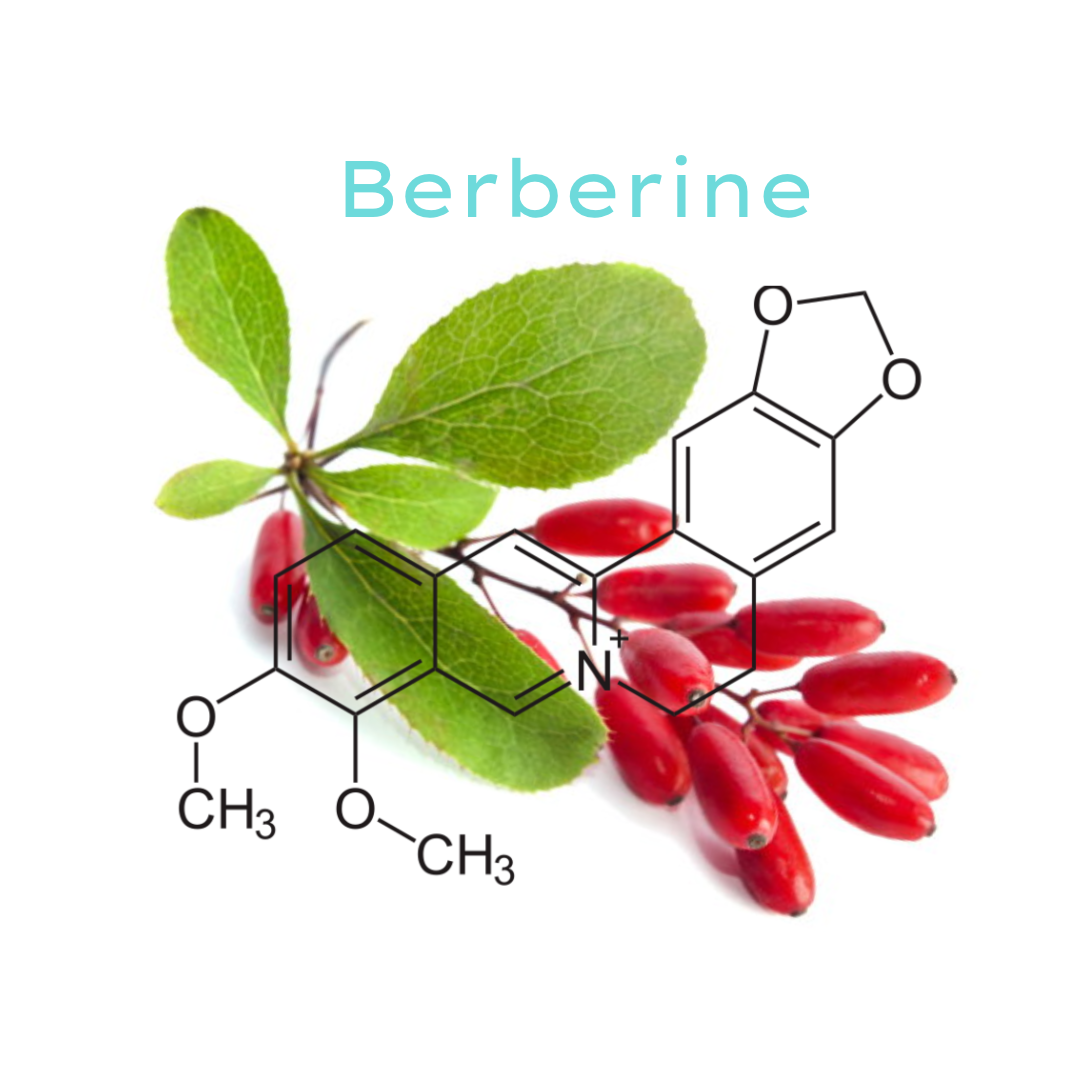
Unlocking the Health Benefits of Butyrate: The Power of a Gut-Healthy Fatty Acid

The human body is a remarkable and intricate system of interconnections. One such fascinating connection lies within our gut – a vast ecosystem of microorganisms known as the gut microbiota. This community of “good bacteria” plays a crucial role in maintaining our overall health and well-being. Among the numerous byproducts generated by these microbes, one stands out for its potent health-promoting properties – butyrate.
What is Butyrate?
Butyrate, a short-chain fatty acid, is produced by certain gut bacteria through the fermentation of dietary fibers. It serves as an essential energy source for the cells lining the colon and plays a vital role in maintaining a healthy gut environment. Apart from its role as an energy provider, butyrate boasts several health benefits, earning it the reputation of a “gut-healthy” fatty acid.
Butyrate and Gut Health
One of the primary roles of butyrate is in promoting gut health. By nourishing the cells lining the colon, it helps maintain the integrity of the intestinal barrier. This barrier acts as a selective gatekeeper, preventing harmful substances from entering the bloodstream and promoting the absorption of essential nutrients.
A healthy intestinal barrier contributes to improved digestion and immune function while reducing the risk of inflammation and digestive disorders.
Anti-Inflammatory Properties
Inflammation is a natural response of the body to injury or infection, but chronic inflammation can lead to various health issues. Butyrate has been shown to possess anti-inflammatory properties, helping to regulate the body’s immune response. By curbing inflammation, butyrate may help alleviate symptoms in conditions such as irritable bowel syndrome (IBS) and inflammatory bowel disease (IBD).
Potential Impact on Brain Health
Research exploring the gut-brain axis – the bidirectional communication between the gut and the brain – has shed light on the potential impact of butyrate on brain health. Studies in animals have suggested that butyrate may influence gene expression and cellular processes in the brain, potentially supporting cognitive function and even offering neuroprotective effects. While more research is needed in this area, these early findings are intriguing and offer exciting possibilities for future investigations.
Weight Management and Metabolic Health
Some studies have indicated that butyrate might play a role in weight management and metabolic health. It has been associated with improved insulin sensitivity and may help regulate appetite and reduce fat storage. However, it’s important to note that while butyrate shows promise in this area, maintaining a balanced diet and a healthy lifestyle remain the cornerstones of weight management and metabolic well-being.
Sources of Butyrate
Ensuring adequate levels of butyrate in the gut involves maintaining a balanced and fiber-rich diet. Foods that are high in dietary fiber, such as whole grains, vegetables, and legumes, can serve as fuel for gut bacteria to produce butyrate. Additionally, fermented foods like yogurt and sauerkraut may also provide a source of beneficial gut bacteria that contribute to butyrate production.
The Future of Butyrate Research
While much progress has been made in understanding the potential health benefits of butyrate, the field of gut microbiota research is still relatively young. As scientists delve deeper into the intricacies of the gut-brain axis and the role of butyrate in various physiological processes, we can expect more exciting discoveries in the future.
Conclusion
Butyrate, the gut-healthy fatty acid, is a remarkable example of the intricate relationship between our gut and overall health. From promoting gut integrity and mitigating inflammation to potentially supporting brain health and metabolic well-being, butyrate demonstrates its versatile potential as a health-promoting compound. By maintaining a balanced diet and nurturing our gut microbiota through fiber-rich foods, we can unlock the powerful benefits of butyrate and pave the way for a healthier and happier life.
As with any health-related information, it’s essential to consult with healthcare professionals for personalized advice and recommendations. Embracing the journey of understanding the gut-brain connection and the wonders of butyrate might indeed hold the key to unlocking a healthier future.
Resources




